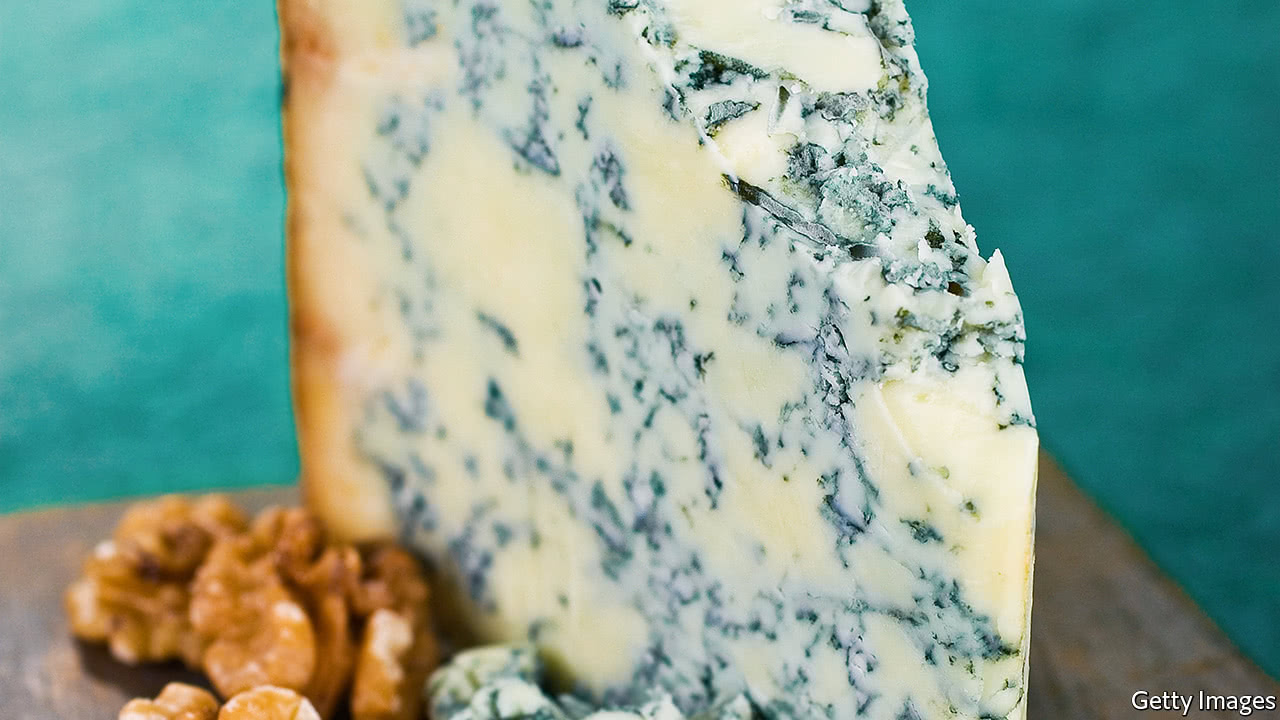Why dairy products loom large in many trade deals


BEN SKAILES, a British cheesemaker, is busy as Christmas ripens demand for his Stilton. Foreigners make up a third of demand for his dairy, Cropwell Bishop Creamery. This exporting achievement is not to be sniffed at when one considers the barriers to the cheese trade.
Some are natural. Perishable food goes better with wine than long journeys. At least Mr Skailes’s Stilton can survive the three-week trip to America. (His is best eaten within 16 weeks.) Softer cheeses struggle, giving American producers an advantage.
Other hurdles are man-made. Tariffs and quotas are supposed to support domestic dairy industries, and are more onerous than in other sectors. The European Union protects its dairy industry with a 34% average duty, compared with an overall average of 5%. In America it is 17%, compared with 3.5%. Stilton escapes American quotas, but full “loaves” are taxed at a 12.8% rate, or 17% if they arrive sliced. (Unprocessed foods tend to enjoy lower tariffs, to lure in jobs.) The high level of protection means that dairy disputes often loom large in trade deals, as governments scrabble for more access.
Then come technical barriers to trade. Rules vary everywhere, with different paperwork and labelling requirements. South African labels must have a larger typeface. In America, best-before dates put month and day in a different order from the British norm. Somerdale International, an export agent, helps Cropwell Bishop navigate the maze.
Some rules are justified on safety grounds. If someone gets sick, the authorities want to know where to lay the blame. America, for one, requires wads of paperwork showing where each ingredient comes from. Fall foul of local rules and a cheese can be barred altogether. Earlier this year China for weeks blocked all imports of Stilton, Roquefort, Brie and Camembert on health grounds. The World Cheese Awards, held in London on November 17th (Mr Skailes’s Stilton won a gold medal), needed special licences for some non-EU cheeses, which had to be burnt after the prize-giving.
In theory, standards encourage trade, by building trust for foreign products. In practice, they often do not. A recent study for the Vienna Institute for International Economic Studies estimated that where they applied to cheese, technical barriers, such as labelling requirements, lowered trade volumes by 6.7%. Sanitary and phytosanitary measures, imposed on health grounds, lowered them by 7.3%.
Some rules are designed to stop imitation cheeses. Try to export Brie to France, or Gorgonzola to Italy, and you will meet more lawyers than cheesemongers. Stilton has this protection. Under European law, only six dairies in Derbyshire, Leicestershire and Nottinghamshire produce officially recognised Blue Stilton. That is one rule that protects Mr Skailes’ slice of the market.
No comments:
Post a Comment
Note: Only a member of this blog may post a comment.